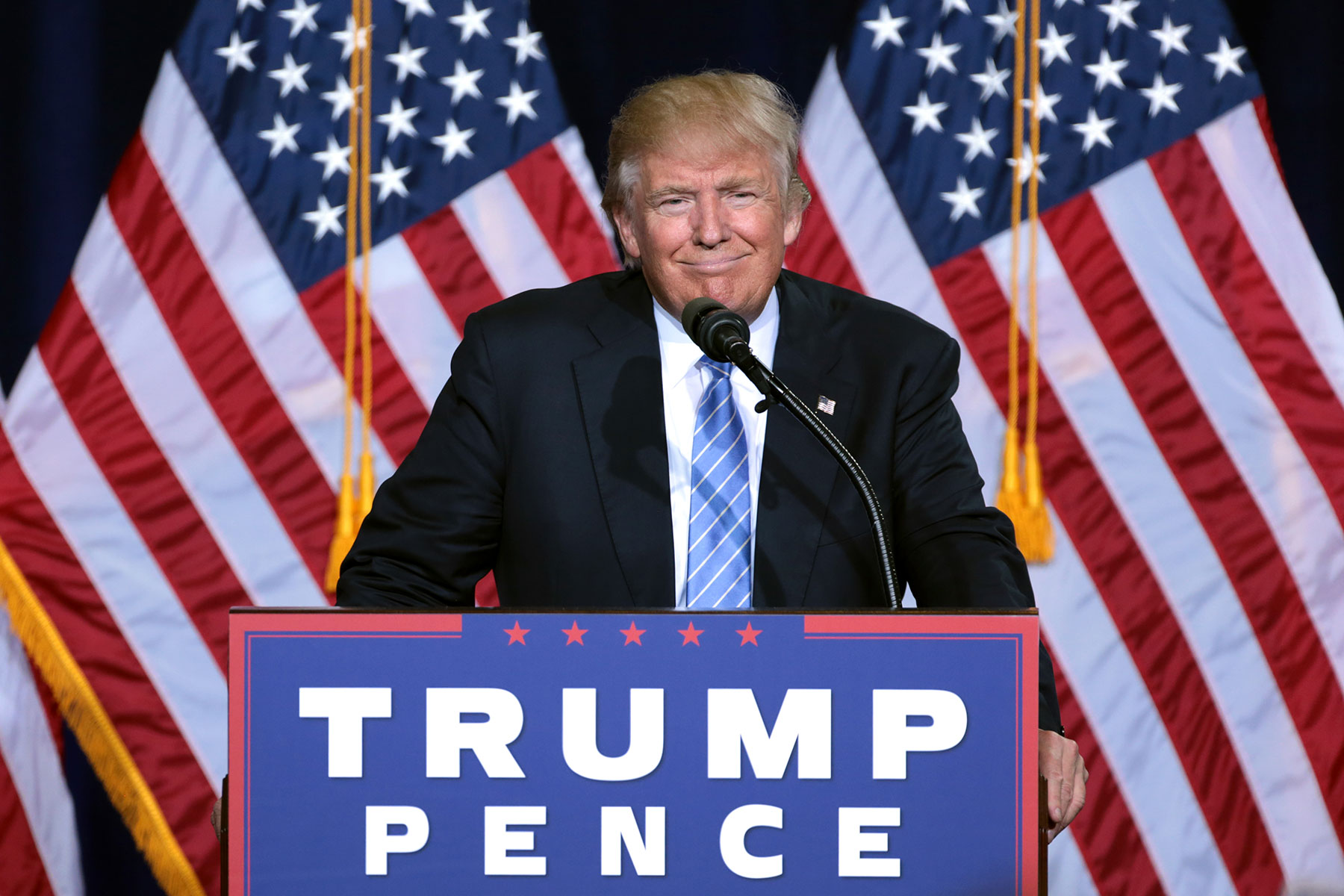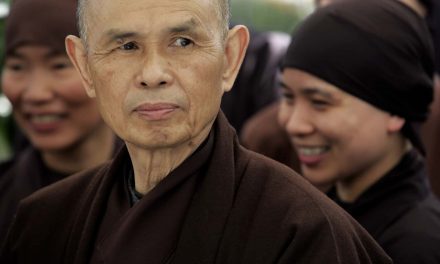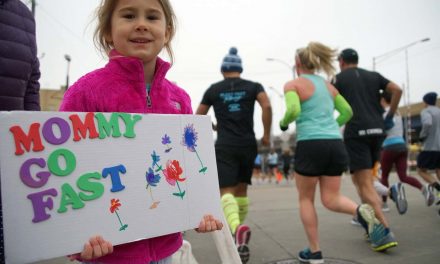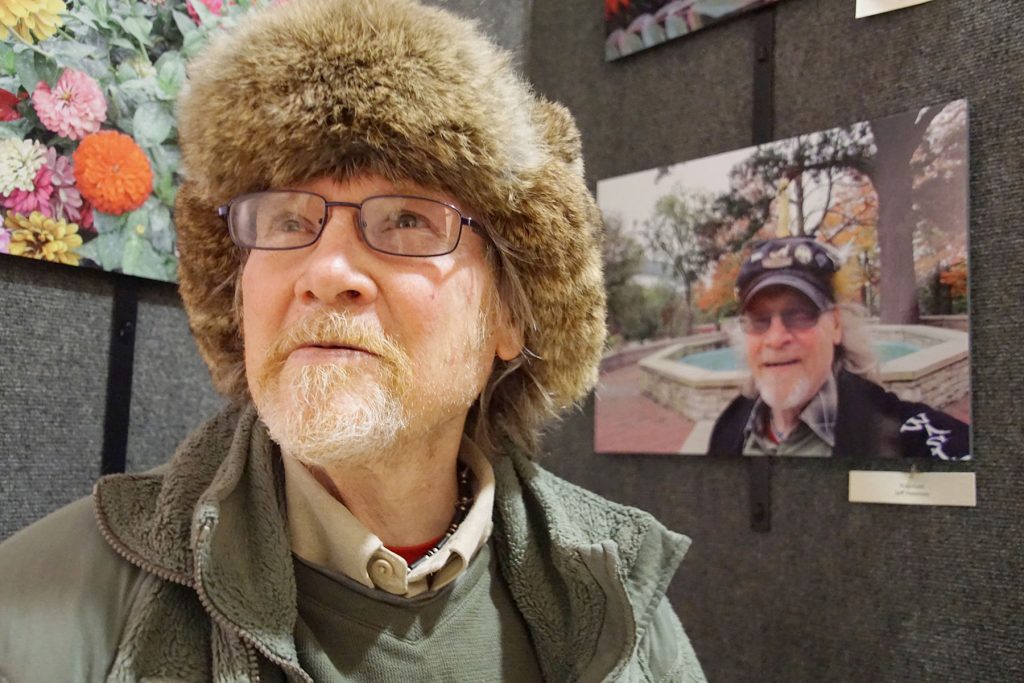
Photo by Gage Skidmore and licensed under CC BY-SA 4.0
This essay is part of a series that explores the Muslim community in Milwaukee. The Milwaukee Independent previously published an extensive interview with Janan Najeeb. It was an effort to help our readers better understand the people of Islamic faith who live in the city, and address questions that were not the usual fear-based reactions to news events. As a result of the positive impact and popularity of Najeeb’s profile, the Milwaukee Independent invited her to offer a continuing editorial voice about our Muslim neighbors and their shared stories from the community.
A once unimaginable victory became a reality for Americans on November 8.
Mobilized by a wave of xenophobic, sexist, hateful, anti-immigrant and anti-Muslim sentiment, an overwhelmingly angry, white, male, middle class propelled Donald Trump to the highest office in the land.
The United States has joined other countries in the world that have chosen nationalistic and isolationist paths. We can no longer sit in the comfort of our homes and simply thank God we don’t live “over there.” We are becoming one of them. These are uncertain times not only for Muslims, but also for immigrants, refugees, Asians, blacks, Latinos, the disabled, women, and many others. I have been reminded often by my African American friends that racism and bigotry is not new to America, it simply hides in the shadows, waiting for another opportunity to rear its ugly head.
Arrogant bullies that don’t follow basic rules of decency are not supposed to win. How do we explain to our children what just happened? How can we explain the fact that an individual who clearly ridiculed constitutional principles and who resorted to name calling, insults, and childish behavior was elected president by a majority of Americans?
The morning after the elections, my 14 year old son asked half apprehensively, ‘Mom, what do you think they will do to us now?’ I am sure that this was a conversation not only taking place among Muslim families across Milwaukee, but amongst many other groups.
We can spend the next four years discussing ‘what if?’ What if minorities, progressives, and others had come out in the numbers they did for Barak Obama in 2008? Many exit polls showed that the numbers did not reach the levels participated during the Obama elections. What if Bernie Sanders was the nominee and not Hillary Clinton?
What if the Democratic Party and the mainstream Republican Party had put more effort engaging rural whites, who feel they have been sidelined by a system that caters to an ultra small group of elites, while they struggle to make ends meet? Maybe they would not have grabbed on so readily to a false prophet hawking magic potions, and setting the stage for a White House governed by an individual who appears to share many traits with white supremacists.
Wallowing in ‘what if?’ is an exercise in futility unless it includes serious analysis and soul searching. Systemic and meaningful change requires work and resources. It does not come easy and it requires sacrifice. It does not happen by simply showing up at the polls every four years, which is the case in many minority communities, including Muslims. Change must be ongoing and continuous. Historically, many brave individuals that have successfully worked for change did not even live to see the change that they fought and sacrificed their lives for. However, the change did come.
When people ask me what a Trump presidency means for Muslims, I tell them it is no different than what it means for immigrants, Latinos, Blacks, Asians, disabled people, and women. We are all in this together, and injustice is often the motivation for action. We are not going anywhere and we refuse to be intimidated or marginalized. The real work starts now.
Written by
Janan Najeeb














